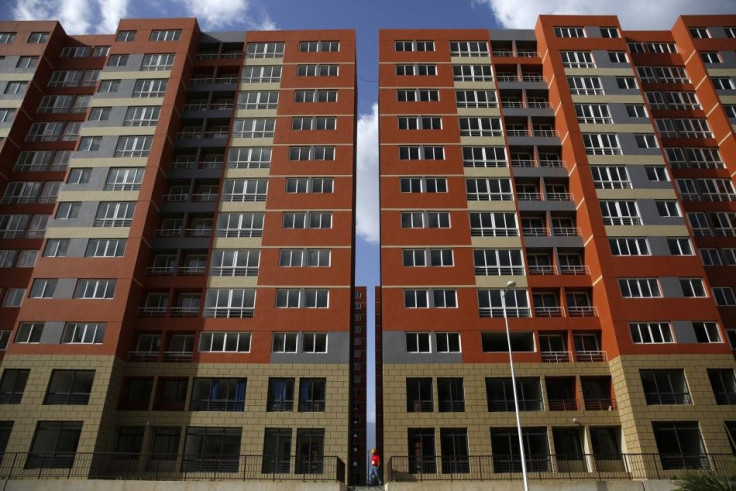New Zealand's Social Housing Leveraging Community Partnerships: Christchurch Council Shows The Way

New Zealand's social housing is looking up. A slew of community partnerships is making the living standards of inhabitants more comfortable. Recently, the Christchurch City Council and Community Energy Action Trust, or CEA, joined hands in providing healthier, energy-efficient homes for the city's social housing tenants.
The partnership offered free insulation for more than 220 housing units for a healthier and energy-efficient living. The partnership is now planning to increase the number by adding 500 more units before June next year, reports Community scoop.Nz. Andrew Turner, chair of Communities, Housing and Economic Development Committee said, "The Council is committed to working alongside its partners to provide better social housing in Christchurch." Earlier this year, the Council signed a Memorandum of Understanding with Lifemark to build accessible and healthy social housing units in Christchurch.
Making Life Comfortable
The close partnership with CEA has helped the Council to improve existing units by making them warmer and energy-efficient to make them healthier for the tenants. "By working with CEA to a targeted and prioritised programme, we’re making excellent progress on the number of housing units scheduled to be upgraded by mid-2015", Turner added. The CEA upgrades insulation for tenants who have a Community Services Card. For eligibility, they have to be above 65, have a health condition, living with a child below the age of 17 in the unit.
The CEA, for its part, undertakes a comprehensive check for ceiling insulation, under-floor insulation and energy use in the homes. Wherever the insulation is required, CEA takes care of the costs of both materials and installation. Caroline Shone, chief executive of CEA, said "the goal is to keep Cantabrians ... warm and healthy in their homes." She said that as a charitable trust, the CEA has been helping households to improve their energy efficiency, particularly for community members needing extra assistance.
Vulnerable Maoris
Meanwhile, Michael Baker, the University of Otago's Housing and Health Research Programme co-director, in a study noted that incidents risking tenants' safety are becoming a common phenomenon and in that Maoris are over-represented in the statistics. He also referred to the recent death of three young people at a Hamilton rental property. Baker said people are being left to fend for themselves in dangerous low-end rental properties. He said it was imperative that social housing conditions improve to a higher standard, particularly for Māori and Pasifika residents, reported Radio New Zealand News.





















